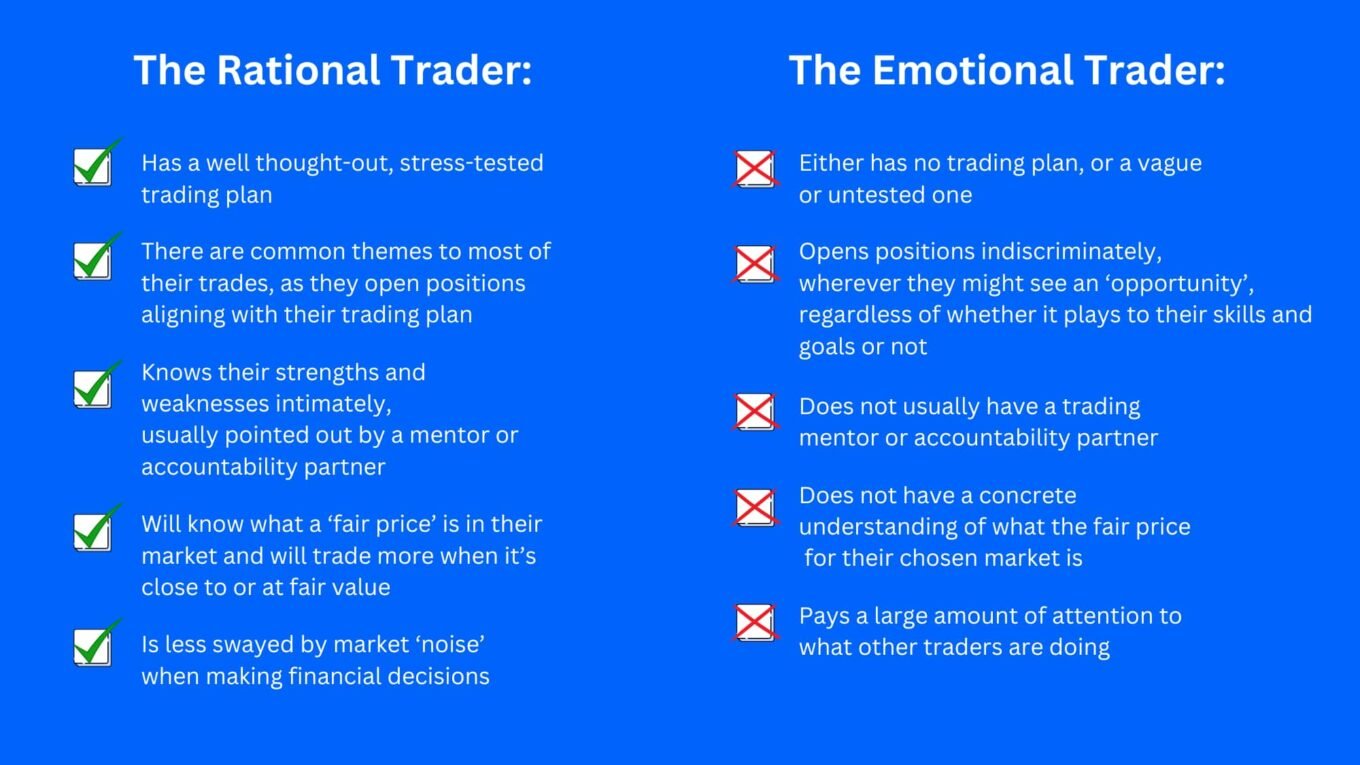How to Avoid Emotional Bias in Betting
Sports betting can be thrilling, especially when you support your favorite teams or players. However, this passion can sometimes cloud judgment, leading to poor betting decisions. Emotional bias is one of the most common—and costly—pitfalls that bettors face. It causes us to make choices based on feelings rather than facts, which often results in losses.
Understanding what emotional bias is, how it impacts your betting, and how to control it can be a game-changer. This article will explore these topics and provide practical tips to help you bet more rationally and improve your chances of success.
What Is Emotional Bias?
Emotional bias occurs when feelings such as loyalty, hope, frustration, or overconfidence influence decisions more than objective analysis. In sports betting, this often means betting on your favorite team regardless of the odds or logic, or doubling down on losing bets because you “feel” things will turn around.
Common Types of Emotional Bias in Betting
- Favorite Team Bias: Betting on your preferred team despite poor form or unfavorable conditions.
- Overconfidence: Believing your intuition or past wins guarantee future success.
- Loss Aversion: Chasing losses with bigger bets to recover money quickly.
- Confirmation Bias: Only acknowledging information that supports your existing beliefs while ignoring contradicting data.
Why Emotional Bias Is Dangerous for Bettors
When emotional bias takes over, it can cause reckless betting, poor bankroll management, and ignoring crucial information. This usually leads to:
- Repeated losses
- Rapid depletion of your bankroll
- Increased frustration and stress
- Difficulty sticking to a strategy
Strategies to Avoid Emotional Bias in Betting
1. Develop a Clear Betting Plan
Create a written strategy that includes criteria for placing bets, bankroll management rules, and limits for losses and wins. A plan helps keep emotions in check by providing structure and discipline.
2. Separate Passion from Betting Decisions
While enjoying sports is great, try to view betting as a business. Avoid betting on your favorite team unless the data strongly supports the wager.
3. Use Data and Research
Make decisions based on statistics, trends, and expert analysis rather than feelings or hype. Data-driven choices are more likely to be profitable.
4. Set Realistic Expectations
Accept that losing bets are part of the process. Trying to win every bet or recover losses quickly often leads to poor decisions.
5. Keep Records and Review Your Bets
Maintain a betting journal noting why you placed each bet, the outcome, and what you learned. Reviewing this helps identify patterns of emotional betting.
6. Take Breaks When Needed
If you notice frustration or impatience creeping in, step away from betting for a while. Emotional clarity often returns with time.
Tools to Help Control Emotional Bias
- Betting calculators and trackers: Keep your bankroll organized and betting disciplined.
- Odds comparison sites: Make rational decisions by finding the best value bets.
- Expert advice and tip services: Get objective insights that reduce emotional influence.
The Benefits of Betting Rationally
By controlling emotional bias, you can:
- Make more consistent, informed bets
- Protect your bankroll from impulsive decisions
- Increase your chances of long-term success
- Enjoy betting as a rewarding and strategic activity
The Bottom Line
Emotional bias is a silent enemy that undermines your betting success. Recognizing it and implementing strategies to overcome it can dramatically improve your results and your enjoyment of sports betting.
Ready to Bet Smarter and Win More?
If you want to learn proven strategies to manage emotions and bet with confidence, there are expert methods and guidance available to help you succeed.
👉 Click here to discover trusted tools and advice that can elevate your sports betting game.

